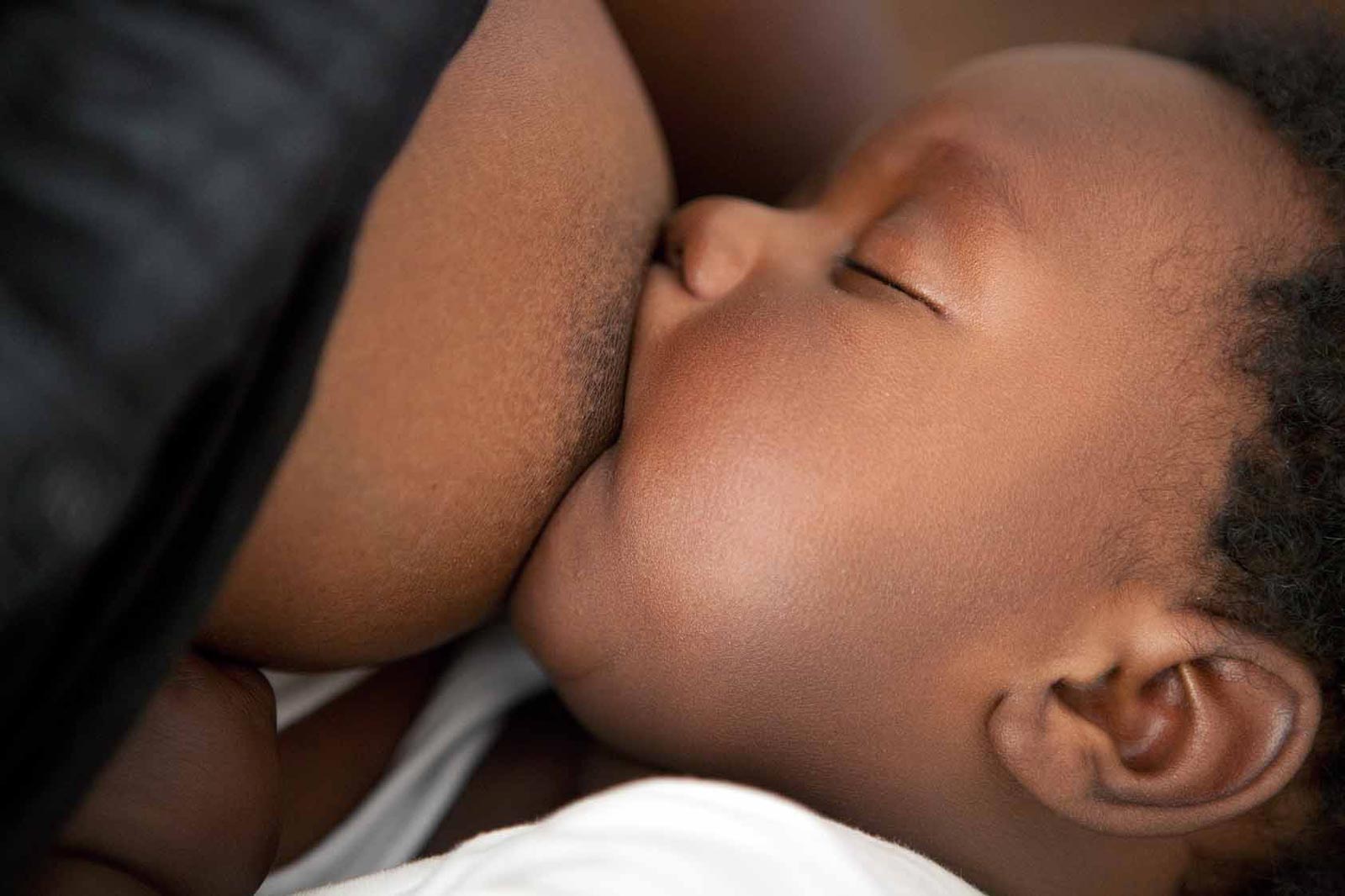By now most moms have heard the phrase, “breast is best.” The virtues of breastfeeding are renowned the world over. But even in a country where more than 79 percent of babies have moms who start out breastfeeding, it turns out there’s plenty nursing mothers don’t know about breastfeeding.
Take the science on how breastfeeding affects boys … as opposed to girls. Or what nursing a newborn will do to your sleep (no, really this one will shock you!). For some fun nursing trivia (you know, if you’re ever caught in that sort of game), get a load of these eight surprising facts about breastfeeding:
- Breastfeeding is more beneficial for boys than girls. When researchers at the Western Australian Pregnancy Cohort looked at breastfeeding duration and academic success for 2,900 10-year-olds, they found that if breastfed for 6 months or longer, boys are more likely to have higher educational success later on in life. They’ll be more skilled in math, spelling, reading, and writing, all because of mommy’s milk. Good news, right? But get this! When they looked at girls, they found that breastfeeding has little effect on their school performance.
- If you’re breastfeeding at conception, you’re more likely to have twins. Sure, the chances of getting pregnant while breastfeeding are low, but if it does happen, a study in the Journal of Reproductive Medicine reports that you’re nine times more likely to have twins than a women who isn’t nursing.
-
- The right breast produces more milk. According to a 2006 study performed by researchers at the School of Women’s and Infants’ Health at The University of Western Australia, 76 percent of moms make more milk in their right breast and that easily accounts for the reason why the right breast tends to be bigger than the left. But shockingly, it has absolutely nothing to do with whether mom is a rightie or a leftie, and it also doesn’t hang on your baby’s preference. Actually, it’s all because of intrinsic milk production. That’s nature for you.
- Mothers of boys produce more milk. Those little dudes are hungry! The same researchers at the School of Women’s and Infants’ Health studied 71 moms and found that just because you had a boy, you’ll produce about 30 extra grams of milk than a mother who’s breastfeeding a daughter. Boys don’t eat more often or longer thought — they just eat more.
- What’s in breast milk depends on the time of day. Yes, there is a cycle, and doctors at the University of Extremadura in Spain found that the individual components in breast milk change every single day. It depends on your own personal diet as well as the natural rhythm of the body. On top of all that, your nighttime breast milk contains a very handy component: tryptophan, which helps to induce sleep for the baby. You’ve completely configured yourself to the baby’s schedule and your body knows exactly when to produce what milk, when.
- The breast skin temperature changes as you breastfeed. Scientists at the Tokyo Medical and Dental University determined that after just 5 minutes of nursing, the skin temperature of the breast is significantly higher. Not only that, but you’ll be able to realize the change in just the first week of nursing. Turns out, the breast gets significantly warmer between the first couple days and the end of the first week.
- Your baby recognizes your breast milk smell. Get this: a group of researchers at Karolinska Institute in Stockholm, Sweden found that babies can easily identify you by the smell of breast milk. They’re little geniuses, aren’t they? They know their momma based on the odor of the fluid. On top of that, the study also found that the little bumps around your nipple release a fluid that smells a lot like amniotic fluid. So after spending the nine months of pregnancy in the fluid, they’re able to instantly recognize the familiar smell, making them feel safe and comfortable.
- Breastfeeding moms get more sleep. Sure, those restless nights are common for every parent of a newborn, but doctors at the University of California at San Francisco found that if you breastfeed, you get 40 to 45 more minutes of sleep per night than a mother who doesn’t. Even more reason to get to nursing!







